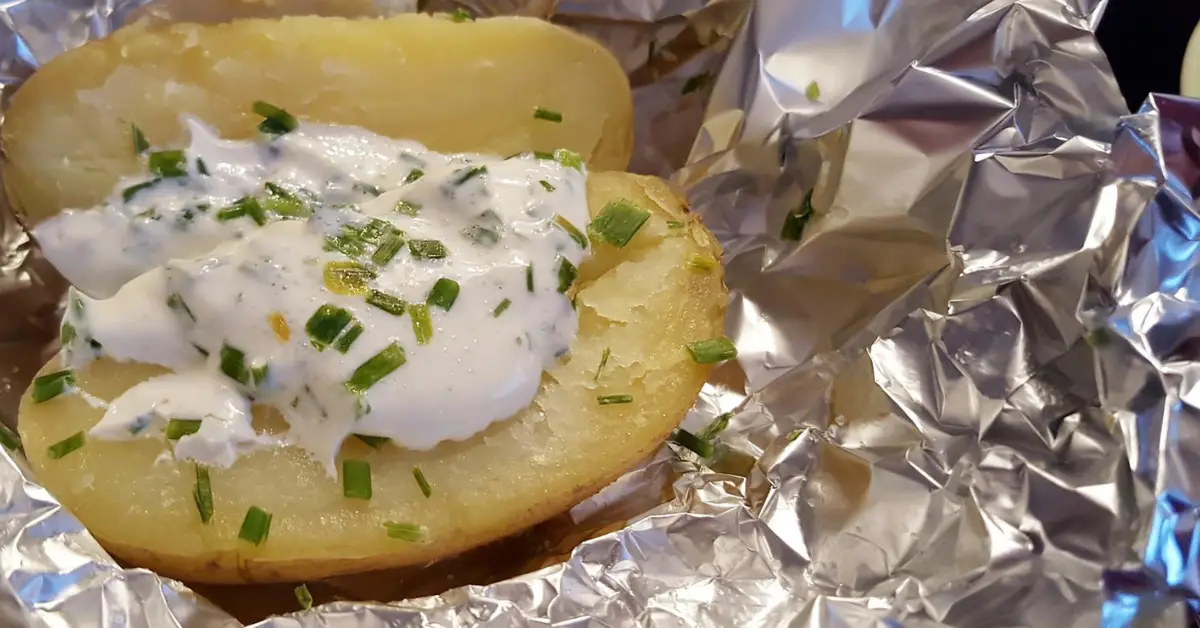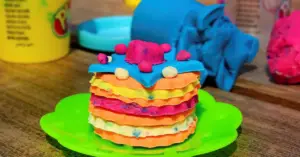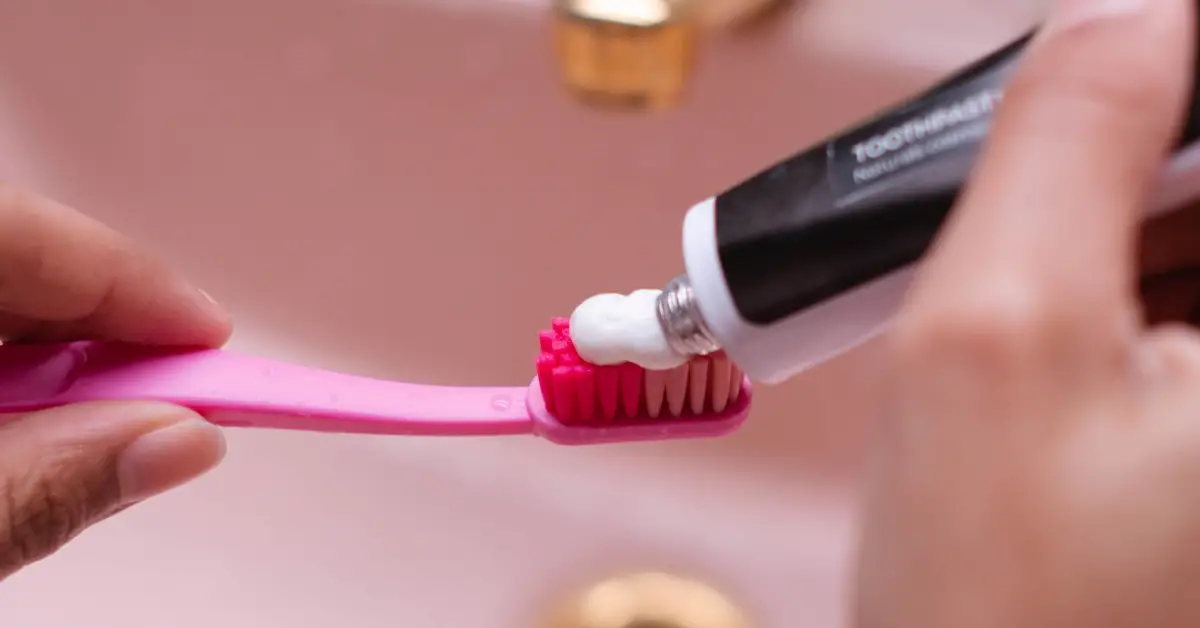Aluminum foil is a regular feature in households across the country. From preserving food to scouring stubborn stains, it has lots of uses. In terms of its disposal, it tends to be suitable for recycling (depending on its condition). But, unfortunately, composting it is not an option – aluminum foil is not biodegradable, a prerequisite for composting. Here we will explore this a bit further…
Firstly, what is aluminum foil made from?
Knowing what a material is made from gives us clues as to whether it is biodegradable and can, ultimately, be composted.
Aluminum foil is made from aluminum (unsurprisingly!) that has been squashed into really thin sheets – sometimes as thin as 0.24 mils. Its fineness makes it ideal for all its different uses, but it also means it is very fragile. There are only a limited number of times that you can re-use it, not ideal from an environmental perspective. So much waste!
So, is aluminum foil biodegradable?
If an item is biodegradable, it can be broken down naturally by microbes. In essence, its component parts can be returned to nature. Unfortunately, the microbes involved in biodegradation are not up for munching on aluminum foil (or any metal for that matter).
Is aluminum foil compostable?
Composting can be a great way to divert items from landfill and turn them into a nutrient-rich fertilizer at the same time. A compost pile provides a favorable environment for biodegradation. However, to be fit for composting, an item must be biodegradable in the first instance. Given that aluminum foil is not biodegradable, it cannot be added unfortunately.
But it can still be diverted from landfill…
As mentioned above, aluminum foil can be recycled by most (always check in your local are if you are unsure…) curbside collections. Technically, it is endlessly recyclable – in terms of a non-biodegradable item, it is as good as it gets when it comes to disposal.
However, many people just throw their aluminum foil in the trash without realizing it can be recycled. Just because the foil is slightly soiled, it does not necessarily need to be thrown in the trash. A wash with warm soapy water should return it to its former recyclable glory – and if some bits are too stubborn, cut them out and simply recycle the clean bits. It doesn’t all need to go in the trash!
And you could always use an alternative…
There are lots of alternatives to aluminum foil. If you are using for preserving leftovers/carry your sandwiches to work, there are plenty options.
Beeswax wraps are becoming increasingly popular. Beeswax comes from young worker honeybees. They secrete liquid wax from their abdomen which then solidifies. This wax is used to coat fabric, making an effective aluminum foil alternative – depending on what you are using it for, of course! As well as being re-usable many more times than aluminum foil, they are 100% natural. They are biodegradable and can be added to your compost pile once they have reached the end of their usable life.
If you do not want to opt for the pricey option of beeswax wraps, there are other alternatives – and you don’t have to necessarily compromise in terms of eco-friendliness. Given the choice, we always opt for re-usable items where possible. Recycling and composting are great – but it takes a lot of energy and resources to make the item to begin with. Avoiding these environmental costs, where possible, is the key to living in more sustainable way.
In terms of re-usable items, it doesn’t get much better than glass. Glass storage containers make a great alternative. Although they will cost you a bit more up-front compared to other alternatives, they will save you money in the long-term compared with aluminum foil and beeswax wraps.
The bottom line
Aluminum foil is, unfortunately, not biodegradable nor fit for the compost pile. Thankfully, recycling is a convenient option for many – just make sure it is clean before adding it to the collection. Although not a direct alternative, beeswax wraps can often be substituted for aluminum foil if used for, say, wrapping up food for later. These are fully natural, biodegradable and compostable once they reach the end of their usable life. Alternatively, long-term storage solutions (such as glass containers) would be our top choice – re-usable for many, many years!






